GitHub is a multi-billion-dollar business and a top option amongst coders. It has core features like its fork, pull request, and merge features, making it a central option for coders who want to collaborate, connect, and learn. There are also GitHub time tracking apps available to developers, that can serve as work hours tracker software. It is a platform that makes open-source development more accessible to the average person. But it isn’t the only option for development task management and coding. There are various GitHub alternatives that offer users high-quality features for collaboration on pivotal tech-based projects.
These alternatives to GitHub may not be as popular as the platform, but some have unique features, with things such as a time tracker, timesheet app, and attendance tracker, that can make them the perfect addition to a tech stack or a great educational source for coders. Let’s look at some platforms and sites similar to GitHub that offer incredible user value.
GitLab: Comprehensive DevOps and Code Management
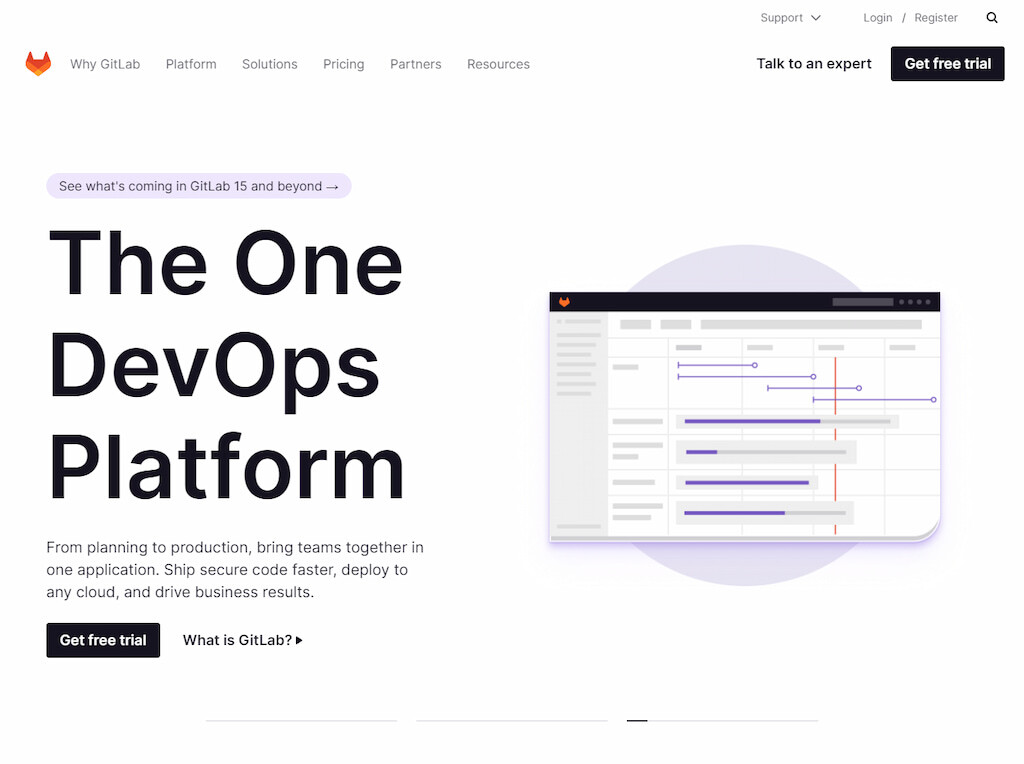
GitLab is a major platform that is one of the biggest names in DevOps. Teams can use it as a central hub for everything from planning and production to deployment. There are a lot of advantages to using GitLab, which is one of the reasons it is trusted by major companies ranging from Goldman Sachs to T-Mobile. It has CI tools that automatically verify your code, easy planning features to ensure a seamless development journey, and an array of other features intended to help developers with every phase of the coding lifecycle. There are also GitLab time tracking features built into the platform (and GitLab time tracking report).
GitLab is one of the biggest names in the industry because it improves the time to market for code in a significant way. It is secure and highly effective, and while it differs in key areas from GitHub, they are similarly useful code-sharing platform. There is a free GitLab option for individuals or smaller enterprises. The Premium version for $19/user per month or an Ultimate version for $99/user per month are also options. There are tons of GitLab alternatives you can use if it is pricey for you.
Check out our article on GitLab vs GitHub, breaking down how the two tools differ from each other and what they have in common! We also suggest you go through our elaborate GitLab tutorial where we explain the GitLab basics.
Bitbucket: Git-Based Tool with Jira Integration
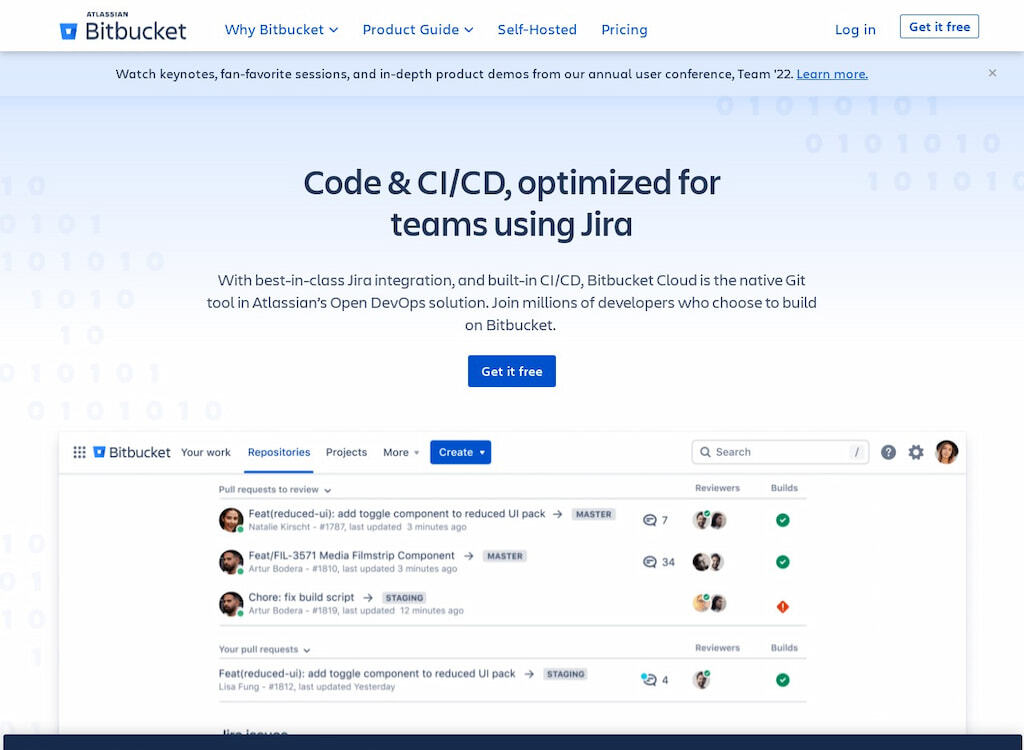
Bitbucket is a platform that is based on its integration with Jira, an issue and project tracking software. It is a native git tool intended to help teams share and develop together. It is a project management platform with several core features that make it one of the better GitHub alternatives on the market. Bitbucket offers an array of CI/CD tools that make it easy to automate processes. In this video lesson, you can learn how to create your pipeline in Bitbucket.
Because it is based around its Jira integration, Bitbucket is a strong platform for testing, which can be automated. It also has an array of collaboration tools that make team-based development an easier proposition, with a Slack integration and end-to-end visibility through Jira, so teams can see what’s happening in real-time. There is a free Bitbucket plan, making it a great free GitHub alternative. There also are premium plans that cost money, including the $6/ user Premium option.
Check out our article comparing GitHub vs Bitbucket for more insights!
TaraVault
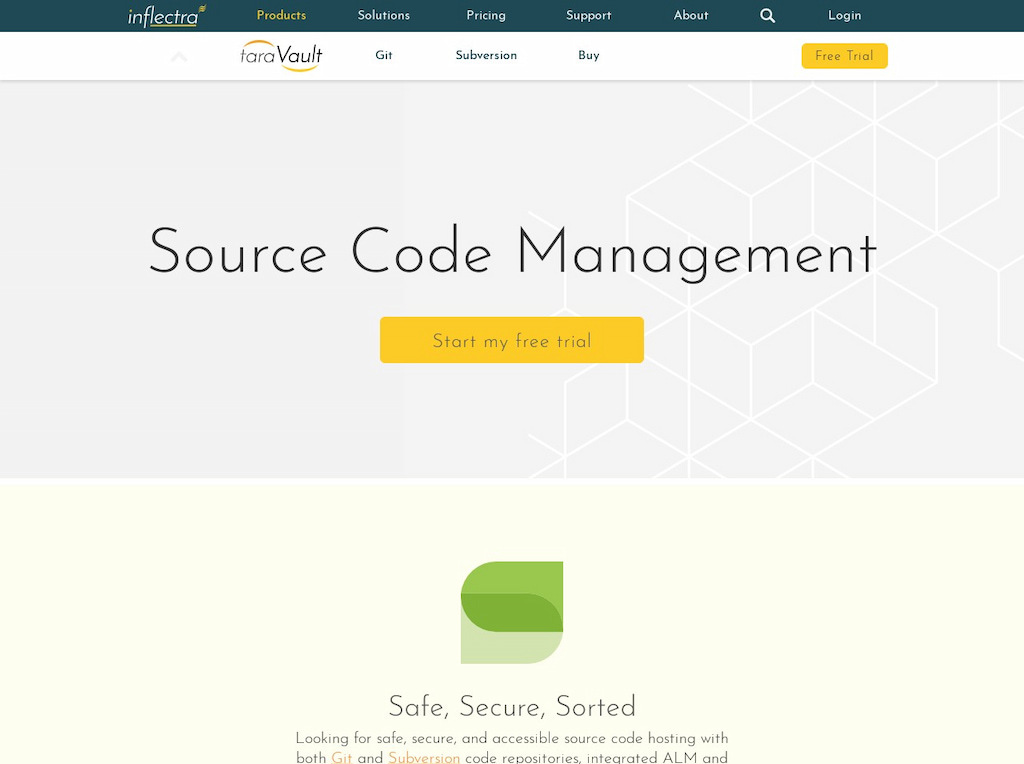
TaraVault is a source code management platform. It is a platform most notable for its security and capability to host both Git and Subversion repositories. It has Git hosting at an enterprise scale, making it valuable for teams looking to store and share their code. TaraVault also offers enterprise Subversion features, including image file storage and fine-grained access control.
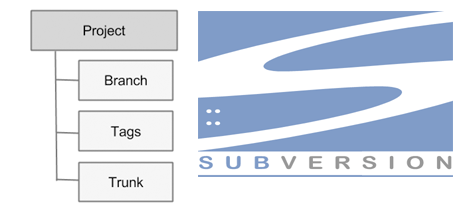
TaraVault is integrated with multiple application lifecycle management platforms that make it easy to oversee the development of a complex project in one environment. Managers can link revisions, comment on changes, and ensure that everything is being developed promptly and efficiently. TaraVault is a costly option that is better for large enterprises. Generally, it costs between $33 and $10 per user per month, with the cost per user lower the more users there are. The billing options range between three and 500 users. It is similar to GitHub but with key differences that make it useful to enterprises.
Gogs
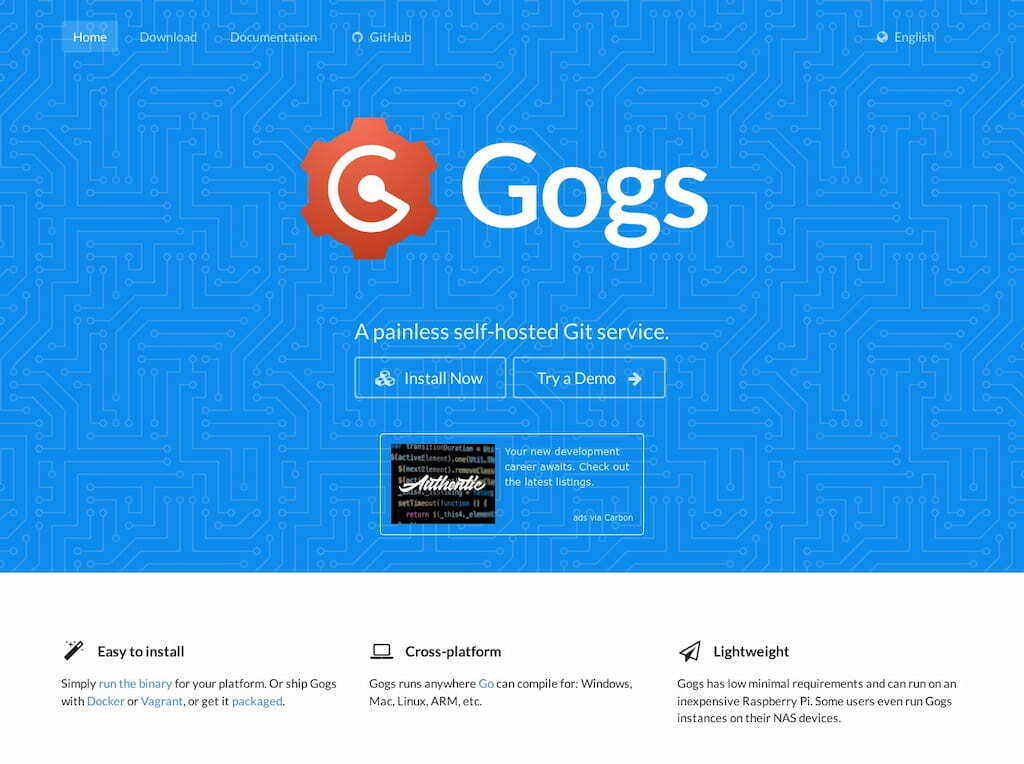
Gogs brands itself as a “painless self-hosted Git service.” It is an open-source tool that is simple and stable and can be used alongside GitHub. It has several features that make it a viable alternative to GitHub. Some of these features include the ability to customize templates, including overriding HTML templates and static files, external source authentication, and the ability to switch the interface language with a single click.
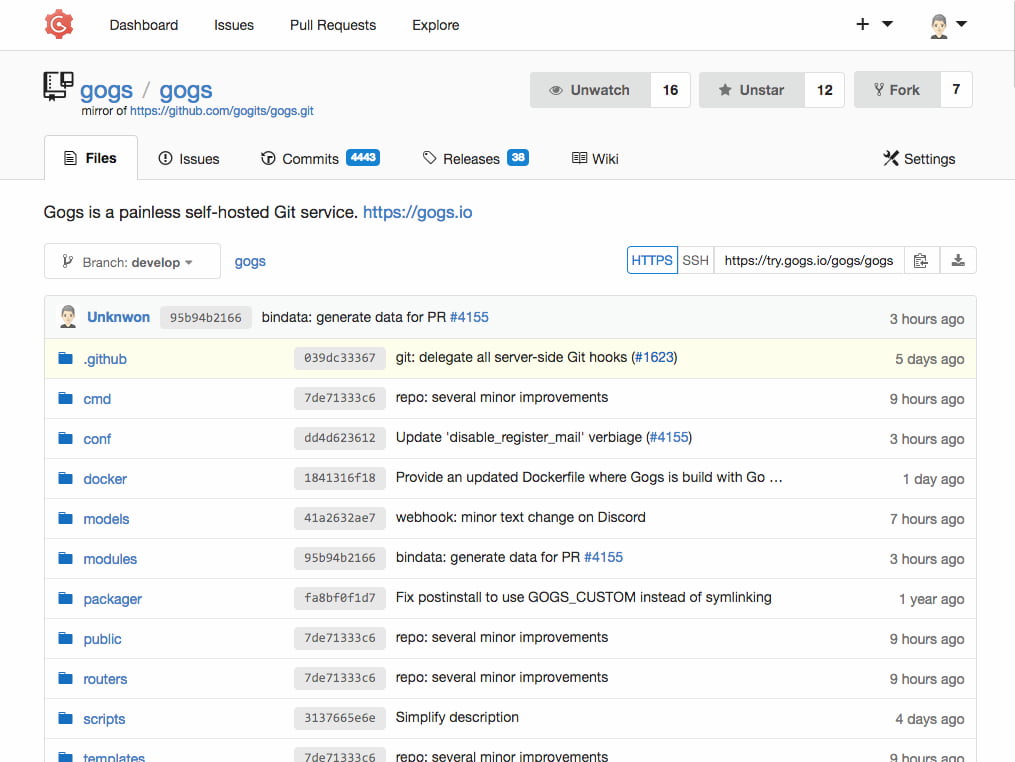
It is a valuable tool that can be downloaded from binary, source, or packages. It can run cross-platform, including Mac, Windows, Linux, and more. Gogs is also free to download and takes up very little computer room. It is an easy solution best for individuals rather than enterprises and is a strong alternative to GitHub or can be used along with it.
Gitea
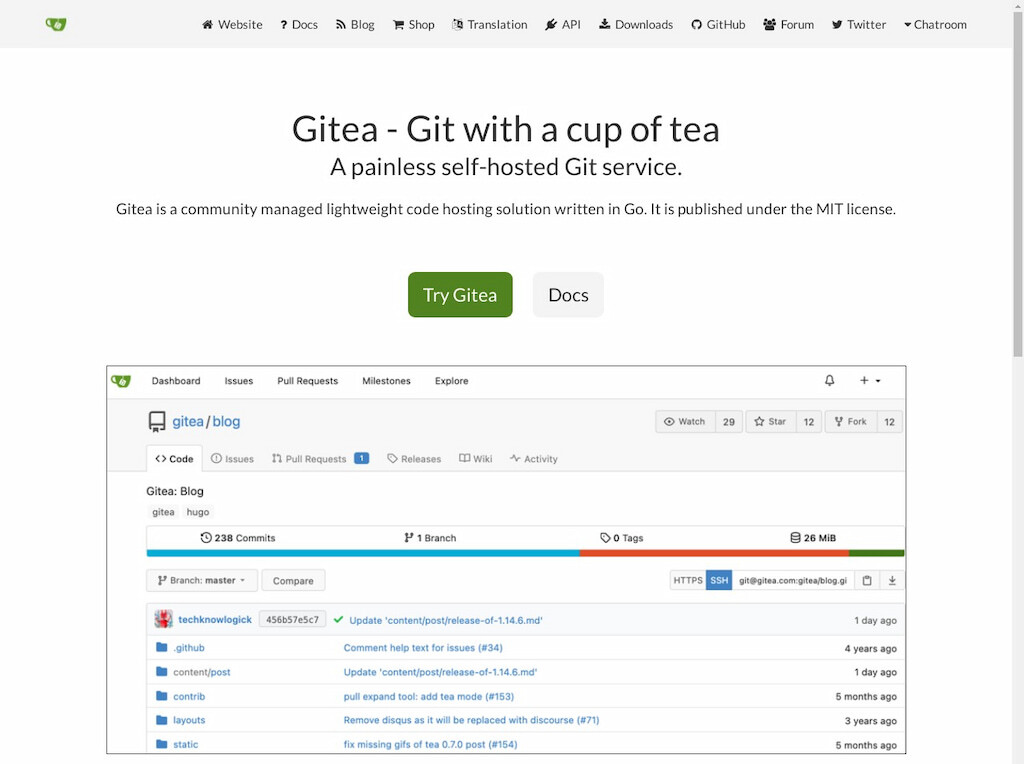
Gitea is an open-source forge platform that uses Git to host software version control. It is a major hub for development and is a fork of Gogs, so it is a multi-layered tool. There are a lot of different aspects of Gitea that make it a useful extension of what GitHub can offer. It is less of an alternative to GitHub and more of an additional layer that enhances the offering. Gitea has features like code review and bug tracking and is cross-platform, lightweight, and easy to install.
Because it is a git repository, the Gitea website is free to download and easy to use. It is written in Go and can be used anywhere Go can compile. It is a great solution to enhance the GitHub service and host code. Gitea is best for individuals rather than enterprises.
Beanstalk

Beanstalk is a collaborative development platform that hosts Git and SVN. It is a significant platform used by major brands worldwide and has several differentiating features that make it a valuable part of many teams’ tech stacks. Like GitHub, people can edit and alter code based on set permissions. That means managers can fully control who can change what and ensure that the right people work on the right aspects of the project.
Beanstalk also has code review features that help teams stay on track and take care of key issues. It is also an effective solution for code deployment, making it one of the more multi-dimensional offerings. It has several pricing options, good for individuals and enterprises. The prices range from $15 to $200 a month, with different features and user options available for each plan.
Launchpad: Free and Open-Source Code Hosting
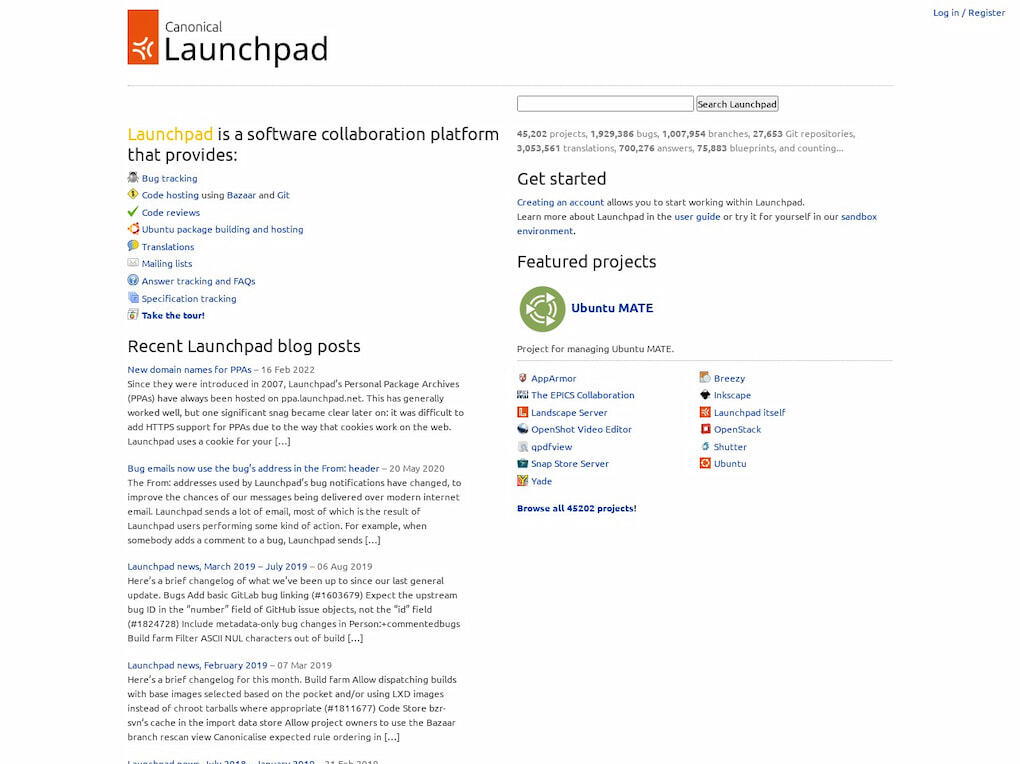
Launchpad is a software collaboration platform with an array of powerful features that make it one of the GitHub alternatives to which users are flocking. It has several standout options for developers. These include bug tracking, translation, code hosting using Bazaar and Git, and specification tracking. It is one of the websites like GitHub that is offering a similar experience. Launchpad has hosted over 45,000 projects and is completely open-source.
It has an extremely simple user interface, but don’t let that fool you. This collaboration platform is free to use yet extremely powerful. It is a great tool for code review and bug tracking that is designed for individual users rather than enterprises. However, enterprises can make use of the offerings on Launchpad as well.
Apache Allura
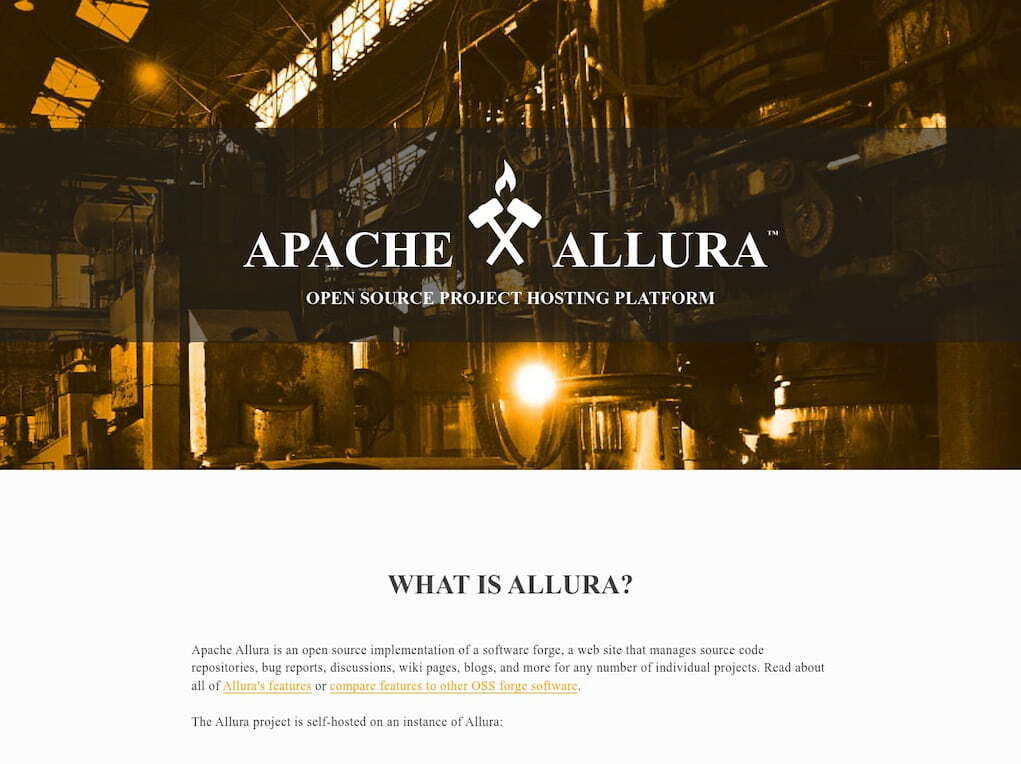
Apache Allura is an open-source forge software that serves as a project hosting platform. It has several main value adds for businesses or individuals. It manages source code repositories, bug reports, discussions, and blogs. Its numerous features make it a standout option and a great addition to any developer’s toolbox. Apache Allura has issue tracking, threaded discussion forums, documentation, and feedback on an open-source platform.
One of the standout aspects of Apache Allura is that it has an easy downloading process and is entirely free to download. So for those operating on a limited budget, Apache Allura is a wide-ranging tool that can be an asset to companies or individuals. It also has a very open management style, allowing users to email their team if there is a feature they think needs improvement.
Google Cloud Source Repositories
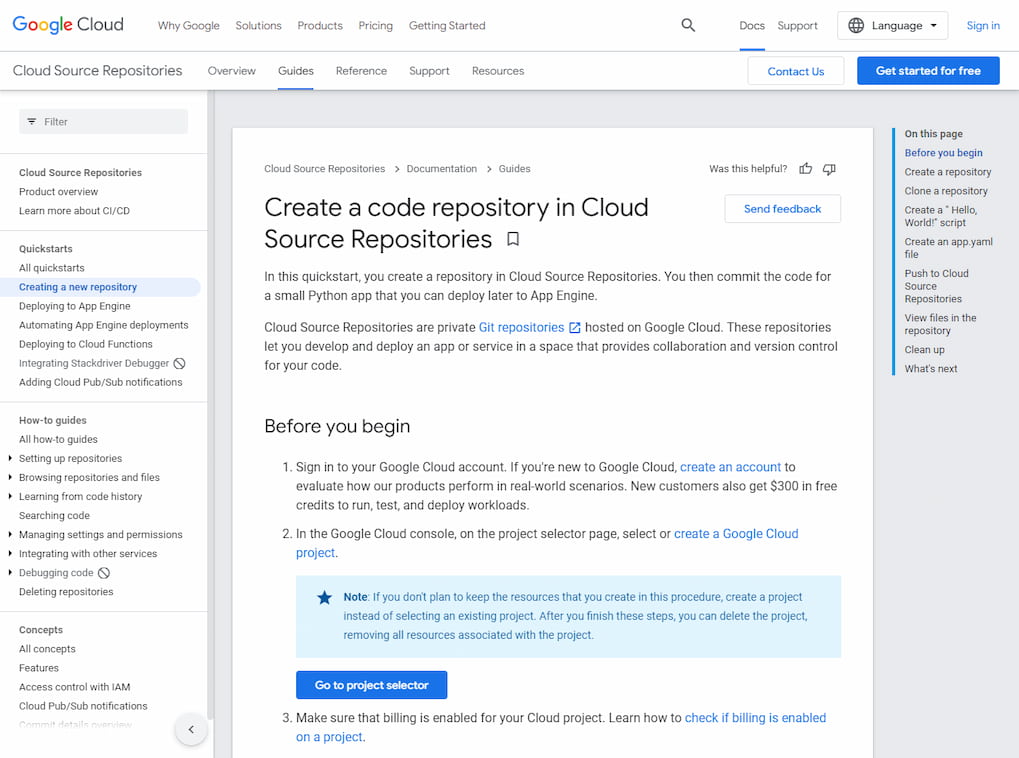
We are all familiar with Google, one of the world’s most significant tech giants. They offer features that are directly similar to the ones available on GitHub. The Google Cloud Source Repositories are private Git repositories that are hosted on the Google Cloud. These repositories are spaces where users can develop an app and deploy it once it is good to go. It is a platform that encourages collaboration and enables rapid development.
Several features make Google Cloud Source Repositories one of the primary GitHub alternatives. Users can debug and deploy their products with built-in integrations and GCP tools. They can have unlimited private repositories, and it is an intuitive platform with fast code search. Cloud source repositories are free for up to 50 GB of monthly storage. This means it is a free GitHub alternative.
RhodeCode
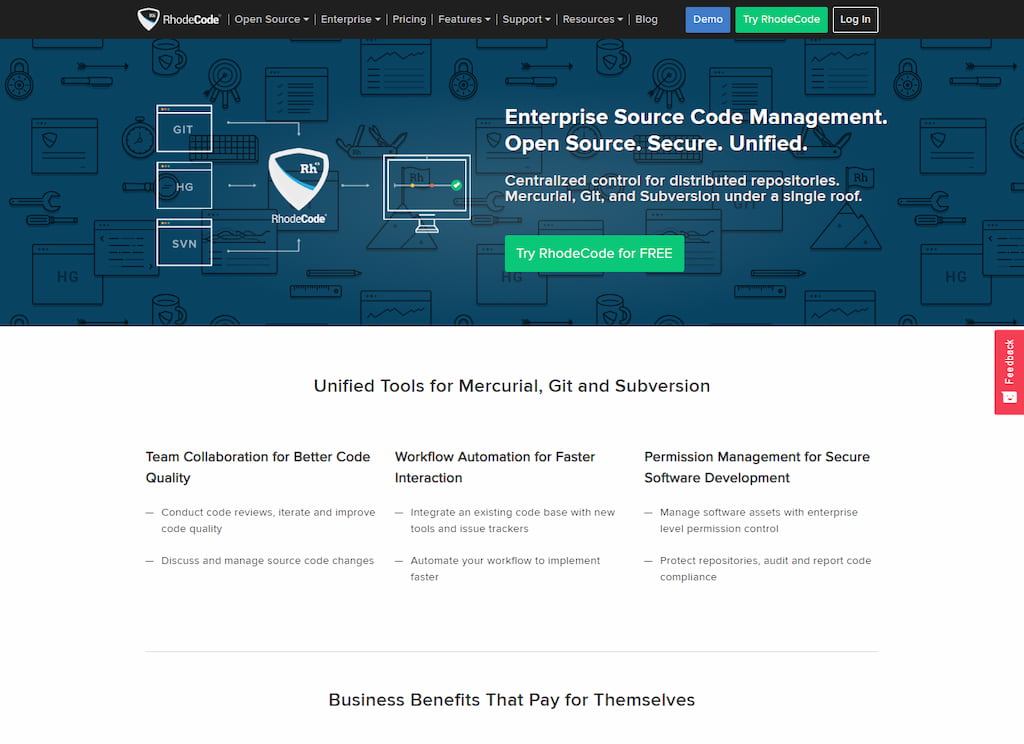
RhodeCode is a major open-source enterprise code management platform for Hg, Git, and SVN. It is a secure and unified platform that gives teams the tools they need to collaborate for higher-quality code. RhodeCode is also particularly useful because it has workflow automation features. This means teams can get the most out of their time for a more efficient development process. There are also permission management features for more secure collaboration. It is a fast and highly effective platform that teams across the country are utilizing.
RhodeCode is a platform that is particularly useful on an enterprise scale. It claims to have some significant benefits for companies, including faster time to market, increased ROI, and improved collaboration and communication. There are two primary options for pricing. The first is the Community features, which are free and open-source but limit what you can do. The Enterprise offerings cost $75 per user a month, with a minimum of ten users. This premium offering gives enterprises the entire range of features RhodeCode provides.
👍 Conclusion
There are many alternatives to GitHub that can be found online. These include downloadable apps and browser-accessible websites, offering features like a time clock app, open source development, and employee time tracking. From GitLab to BitBucket, each of these offerings provides something different for users. Finding the one fit to your needs is dependent on a variety of things, like your budget, targeted features, and unique business needs.
Whether you are using GitHub or one of the GitHub alternatives, these high-powered tools have the potential to completely transform your development process with better collaboration and a more rapid speed.
If you wish to know more about alternatives to other tools, you can check out our series of articles about different tools: Basecamp alternatives, ClickUp alternatives, Monday.com alternatives, and Asana alternatives.
If you are managing a team of 5 or more and looking to boost efficiency, Everhour is the perfect tool to keep your team on track. With seamless time tracking, you can easily estimate task durations, set clear budgets, and generate detailed reports inside Asana, Trello, Jira, or any other pm tool.
🔎 Check out what real users have to say about Everhour:
“I like the great visualization tools including Gantt charts which make it easy to represent information and invoicing.” [Njeru, Capterra]
“I like the flexibility and scalability potential of the tool which allows us to track many projects we manage all at once.” [Oyaro, Capterra]
“The setup is easy. The interface is really intuitive. I love that it integrates with other systems seamlessly and any calls to support have been answered promptly.” [Chris, Capterra]
Learn more about GitHub:
In case you’re looking for alternatives for other PM giants, check out our article on Notion alternatives and Linear alternatives.

